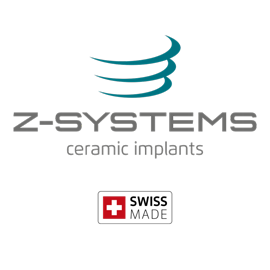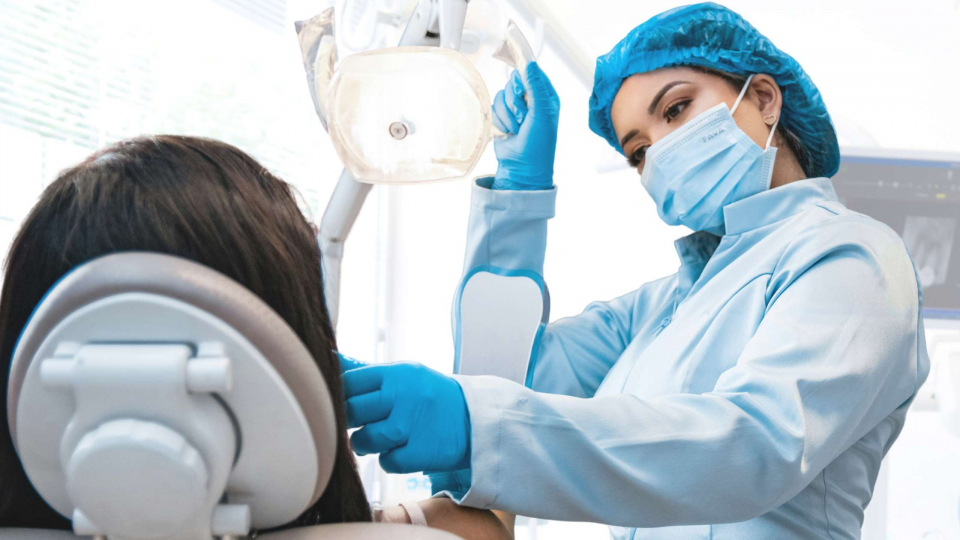Dr. Semmelweis knew he was right all along
Puerperal Fever was rampant amongst new mothers in 1919, but not in Dr. Semmelweis's maternity ward. Amongst his patients, he had an instance of only 2%.
In the past 6 months, his maternal mortality rates had dropped by 90%.
He was named "The Savior of Mothers."
Buuuuut... none of that mattered. The medical community mocked Dr. Semmelweis's strange practices even after all of his success.
His methods were completely unconventional! They went against well-established medical opinions. He had no scientific explanation he could offer.
So they were rejected.
The doctor was outraged. How could everyone be so blind?! He quit practicing medicine. He eventually had a nervous breakdown and was committed to an insane asylum.
All of this, because he was the first-ever physician to suggest that medical professionals wash their hands before procedures.
Look out for you
If this story tells us anything, it's that long-held beliefs often take more than just clear evidence to be accepted.
Which is why we should accept our doctors' opinions to a point, but also look out for ourselves and ask our own questions.
So let's examine 2 different types of dentistry and you can ultimately decide which is right for you.
The Philosophies
Holistic dentistry is the practice of treating and eliminating underlying problems that manifest themselves in the mouth. And on the flipside, it's the practice of making sure treatment in the mouth doesn't have adverse effects on the health of the rest of your body.
Dr. Carlo Litano, expert in the field of Natural Dentistry and owner of Natural Smiles states,
"It is estimated that 60% of all chronic diseases originate in the oral cavity. Healing is possible once we find the underlying dental problems."
Traditional dentistry, on the other hand, is the practice of treating symptoms in the mouth and attempting to prevent them from recurring.
All dentists, to some extent, see the importance of the mouth in overall health. The studies that show correlation between gum disease and heart health, for instance, have long been accepted.
BUT not all dentists are trained in the long-term effects of what dental practices do (or could possibly do) to the body as a whole.
That's why holistic dentistry was born.
So how are the two different in actual practice? Let's take a look...
(Keep in mind these won't be universal to every practice)
Mercury Fillings
Traditional view:
Mercury fillings last a long time, insurance usually covers the cost of placement, they only leak tiny amounts of mercury, and they're easier to place than composite fillings.
Holistic view:
Mercury is a toxin and even small amounts are a great risk to overall health. Mercury fillings put extreme pressure on and weaken the tooth (meaning the filling will often last longer than the tooth). Composite feelings are recommended, although they take more skill to place, to protect the patient from mercury exposure.
Root Canals
Traditional view:
Root canals are a great way to save a tooth that already has or will soon die completely. The procedure has been done for centuries and has proven a safe and effective way to keep a natural tooth.
Holistic views:
Root canal therapy can't be effective unless the canal is 100% sterilized and cleaned of bacteria, which repeated studies have shown is impossible to do. Bacteria left in the canal can lead to health problems down the road including breast cancer, heart disease, and more. Root canals are not recommended.
(Read about the crazy new evidence Netflix's new documentary found on root canals here!)
Fluoride
Traditional view:
Fluoride is highly recommended whether in its topical or ingested form and fluoridating water is a good idea. Research shows a decrease in cavity rates in areas where the water is fluoridated. Fluoride drops are also good for infants.
Holistic view:
Ingested fluoride does not benefit teeth in any way and research has linked it to cancer and various bone problems. Too much fluoride can cause fluorosis and fluoridating public water supplies is forced medication on the general public. Topical fluoride is a good idea depending on the holistic dentist you're speaking with. There are mixed opinions on that one.
Dental Implants
Traditional views:
Dental implants made from titanium are the gold-standard tooth replacement option. They bind well to human bone, are easy to place, and have a high success rate.
Holistic views:
Inserting a permanent metal fixture into the gums and releasing constant metal particles into the bloodstream is dangerous. Titanium implants also corrode and there's no effective way to clean out all of the bacteria it accumulates, which presents a great risk to the body.
Implants made from Zirconia (ceramic) are a more natural and biocompatible alternative. They are bioinert, have a low inflammatory response and bone resorption rate, and are metal-free, so no metal particles are released into the bloodstream.
"Ceramic implants are a healthier alternative to traditional implants. They're metal-free and biocompatible, they don't conduct heat or electrical energy, and cause no irritation to the immune system."
How can you decide which is right for you?
Examine the evidence and ask your dentist questions like,
"How do you determine which type of implant is right for me" and "If I get cavities in one area of my mouth, can you tell me why?"
A truly holistic dentist will discuss the health of your entire body and the role your oral health plays.
A traditional dentist will talk more about topical symptoms and potentially provide a cost/benefit analysis.
Good luck to you in finding your own answers and if you need a tooth replaced, schedule a free consultation with your local Ceramic Implant Expert and we'll answer any and all questions you have.
Cheers to good health!






